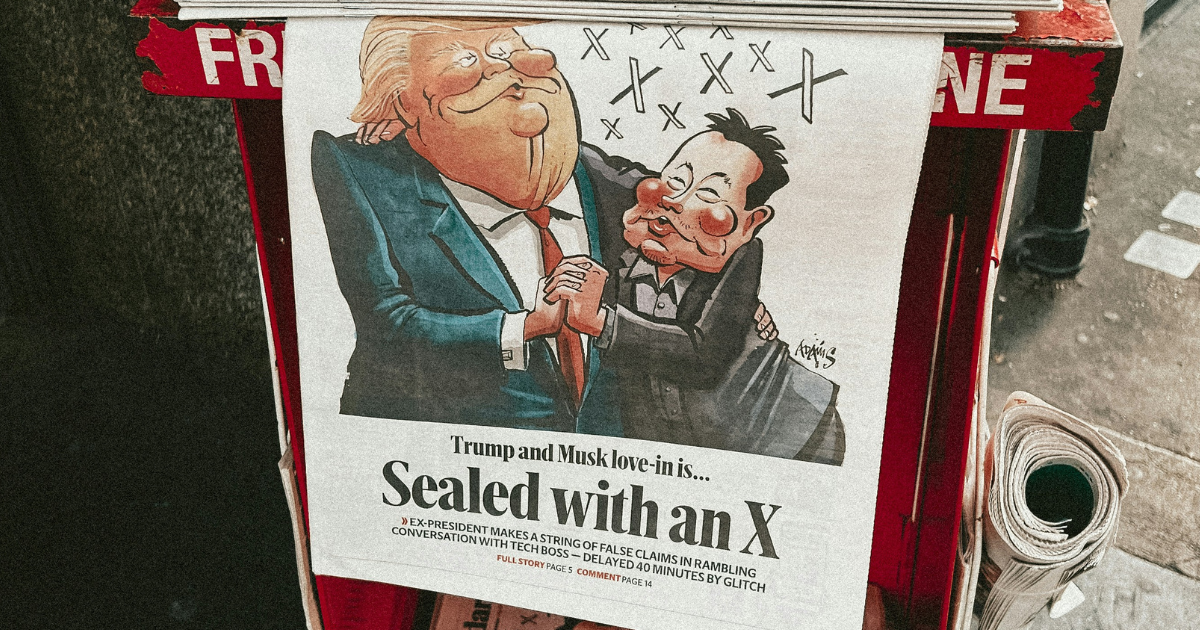How Trump’s violation of an old American law may paint a bleak picture of his second administration.
Following his victory in the 2024 Presidential Election, President-elect Donald J. Trump immediately set about defining the shape his upcoming resumption of leadership would take.
Part of this was a rumored call between Mr. Trump and President Vladimir Putin of Russia. This was primarily centered around drafting some sort of peace plan for the ongoing Russian war in Ukraine. By-in-large, observers have agreed that these talks were largely ineffective, although to many, the problem lies elsewhere.
The chief concern of many analysts is that this call between Mr. Trump and Mr. Putin could constitute a violation of the Logan Act of 1799.
The Logan Act is a law that bans private citizens from engaging in acts of diplomacy with other countries. Naturally, the concern here is that, although any sitting president would be perfectly justified in attempting peace talks between foreign actors, Trump has been yet to assume the office.
From January 20th, 2021 until January 20th, 2025, Mr. Trump is a private citizen, meaning that he has no right to engage in such direct acts of diplomacy with any other nation, let alone one that is seen as an American rival.
With that in mind, the real question is: does this matter?
The answer is a bit complicated, as the Logan Act has seen seldom enforcement since its adoption into supreme law as of 1799. Accordingly, it is unlikely that Mr. Trump will see any legal ramifications from his actions.
However, it is these actions that are indicative of a greater concern among many observers that the incoming administration has already declared their desire to undermine norms and test the limits of the law.
One can look at another potential violation of the Logan Act that has been ringing alarm bells throughout much of the existing policy world: Elon Musk’s continued overtures with multiple foreign rivals, including Iran.
Following the 2024 Election, Mr. Trump announced his intent to bring billionaire tech mogul Elon Musk into his new administration via a new department, the Department of Governmental Efficiency (DOGE). Although the exact function of DOGE remains unclear, it is believed it will not be an official government department such as the Department of State or Defense.
Nonetheless, before this announcement was even made, news broke that Mr. Musk had been sitting in on a highly sensitive meeting between officials of the State Department and the Iranian ambassador to the UN. Much like in the case of President-elect Trump, it is unlikely Mr. Musk will see any punishment from this action.
The most important takeaway is how it should affect the expectations of the American people. Whilst some may lower the bar for good achievements and presidential behavior, what these facts tell us, really, is that we should raise the bar.
All else being equal, the new administration could very well deliver on its promises for a newly prosperous America. However, in light of their past transgressions, we should pay close attention to hold them to their word and the standards set by past administrations.
It is nothing more than their duty as our elected representatives to do just that.



